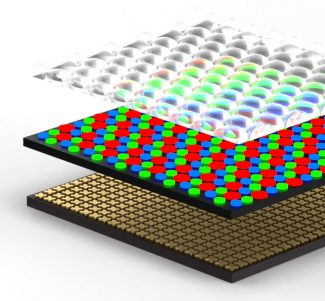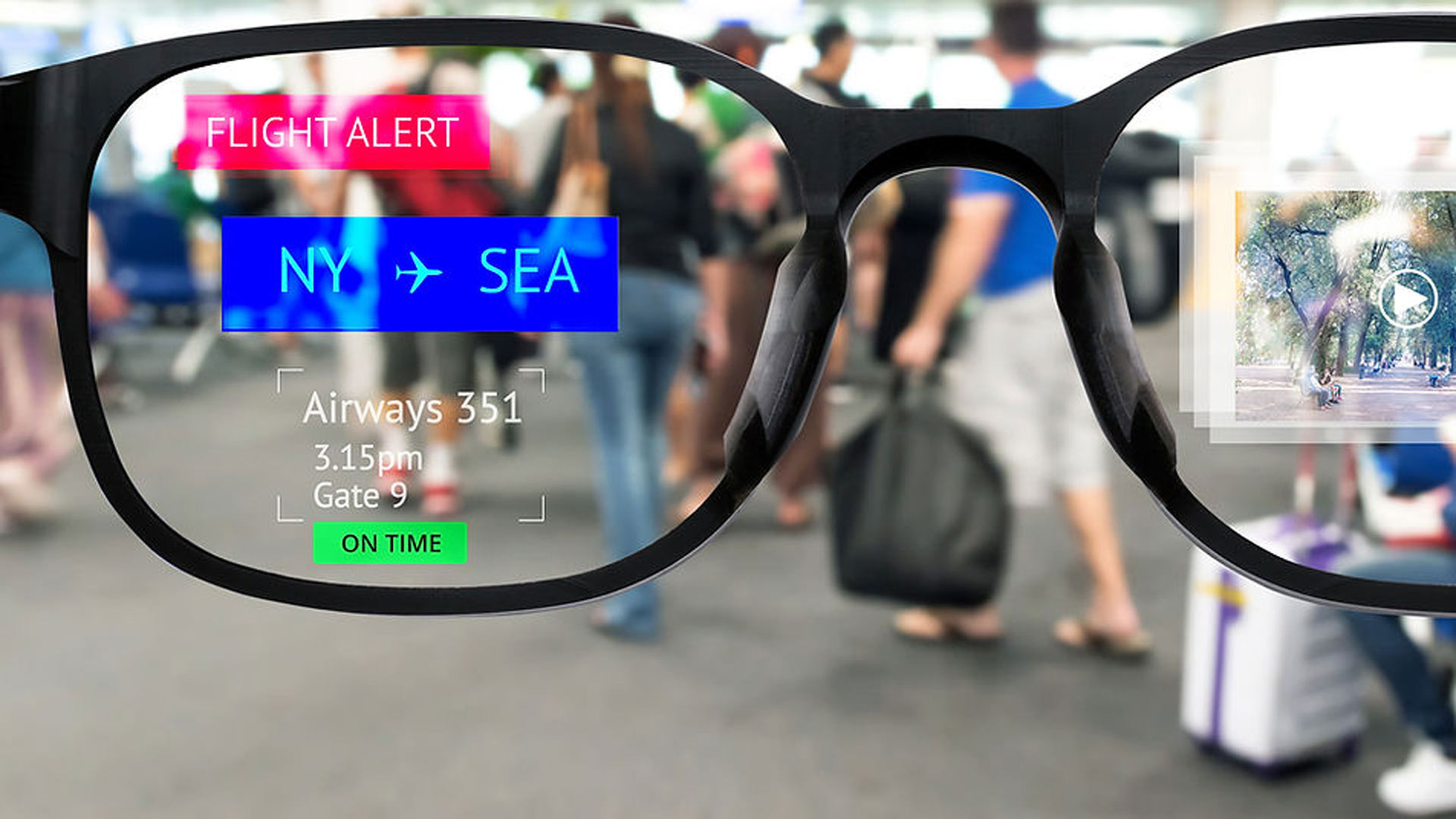Google is adding to its portfolio of XR microdisplay designs and talent, as the company announced it’s acquired microLED (µLED) designer Raxium.
The acquisition was previously reported by The Information in March, however now Google has confirmed in a blog post that it has indeed acquired Raxium, a five-year old startup building microdisplays for use in AR and VR headsets.
The Information’s report held Raxium was sold to Google for $1 billion, however official details of the acquisition are still murky. Google says Raxium will join its Devices & Services team, which is tasked with development of Google’s consumer devices.

It’s thought that Raxium will allow for Google to create lighter, cheaper displays for its upcoming AR devices. While conventional Super AMOLEDs found in smartphones measure around 50 µm per pixel, Raxium says it’s shrunk its microdisplays to feature µLED measuring 3.5 µm per pixel. The company claims its technology has led to an efficiency “5X greater than the previously published world record.”
“The team at Raxium has spent five years creating miniaturized, cost-effective and energy efficient high-resolution displays that have laid the foundation for future display technologies. Raxium’s technical expertise in this area will play a key role as we continue to invest in our hardware efforts,” says Rick Osterloh, senior VP of Google’s Devices & Services team.
Google is undoubtedly gearing up to release XR headsets of some type in the future, which may compete with devices from Apple, Meta, Microsoft and Snap. In 2020, Google acquired North, a Canada-based company known for creating unobtrusive prescription-compatible smartglasses—a sight more stylish than Google Glass. Check out our primer on the difference between smartglasses and AR headsets to learn more.
Earlier this year Google snapped up Bernard Kress, principal optical architect on the Microsoft HoloLens team. Kress is now the Director of XR Engineering at Google Labs, an internal XR division founded late last year. According to previous reports, Google Labs is currently working on an AR headset, code named Project Iris, which is rumored to ship sometime in 2024.
Reports detailing Project Iris maintain a device providing a standalone experience with onboard power, computing, and outward-facing cameras for world sensing capabilities—similar in description and function to headsets like HoloLens or Magic Leap.
,
